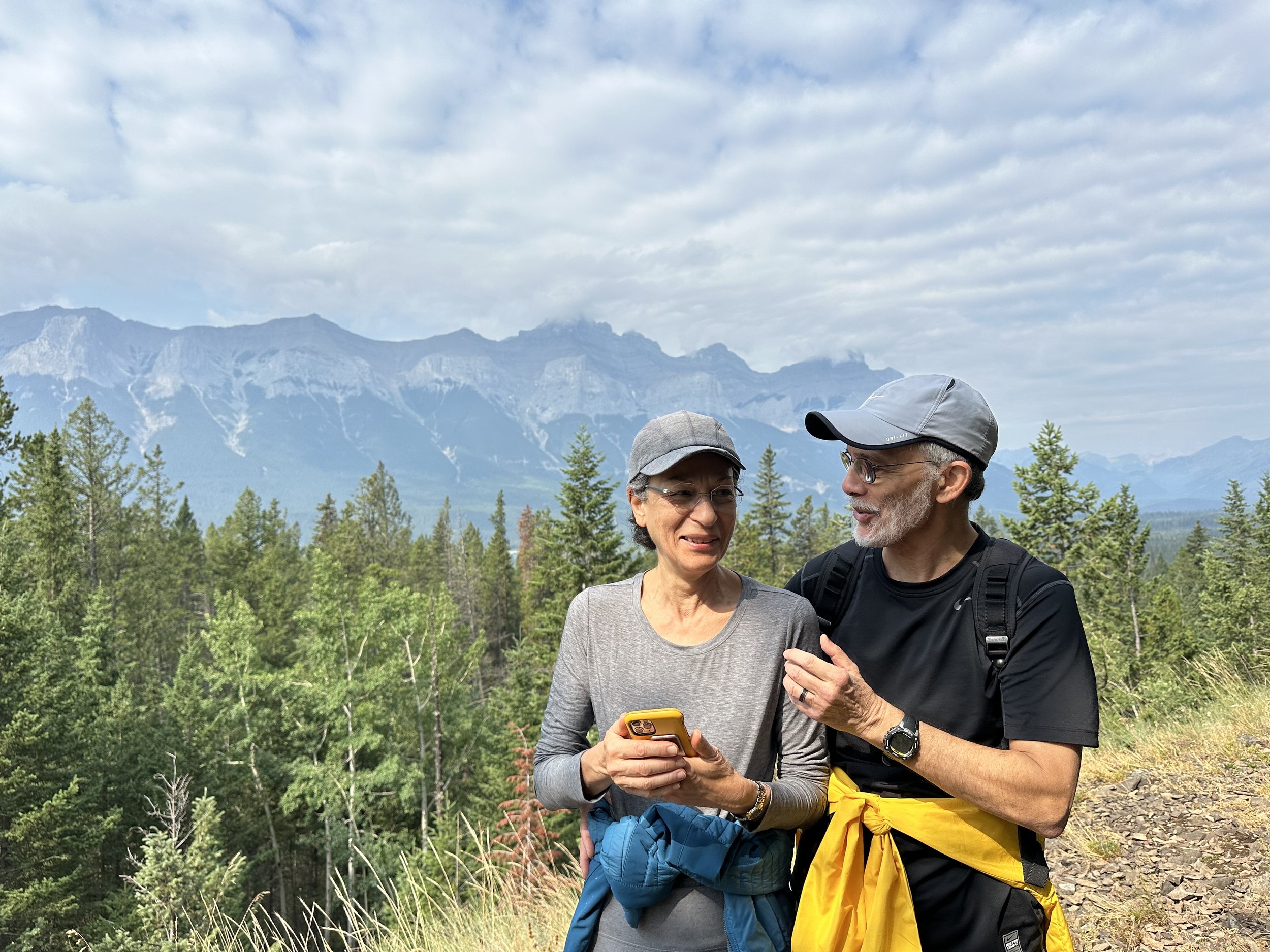You Don’t Have to be an Olympian
Over the past year, I’ve been sharing Instagram posts and media articles highlighting older adults and their physical feats. Several months ago, in response to an article about a 90-year-old competitive rower, I received a message from a reader who felt she couldn’t relate because she has no desire to “achieve” anything (as in to compete). Her message also implied that it felt unrealistic to maintain that kind of conditioning.
The purpose of seeing and reading about the incredible feats of older adults is not to inspire us to become athletes who compete and break records (although if that’s your jam, go get it!) They’re to inspire us to think differently about aging, to redefine what an older age means to each of us. When we see, over and over again, people in their 70’s, 80’s, and 90’s moving with strength, speed, fluidity, and agility, it opens the door for us to see what’s possible at that age. We stop assuming that all is lost at 65. It doesn’t mean we’re headed to the Olympics, it just means that we’re wildly capable and adaptable to continue to move in ways that meet our needs and nourish our lives.
Speaking of the Olympics, the amazing thing about athletes is that they're the subjects of most research when it comes to injury rehab, performance measures, diet and performance, stretching and flexibility, muscle testing to determine proper weight-lifting form, etc. What physical therapists, strength coaches, nutritionists, and other rehab professionals use with the general population is very often information that's trickled down from this research. Athletes show us what's possible, and we can take from that what we wish. They're not outliers, but rather one sizable end of the spectrum of human ability.
So when we discover that not only do humans keep breaking records every year at the Olympics but that the mean age at the Olympics is getting a little bit higher every year (you can read more about that here and here) that doesn't just say something about athletes. It says something about the entire human population, just scaled relatively to the everyday person.
During my chats with clients about the Olympics, there were two types of reactions:
Amazement
Pity
The second one is problematic. Why are we pitying athletes? In some cases, of course, there might be parental pressure. But it’s safe to say that most of these athletes, especially those above 18 years old, they want this! They want to train hard, be disciplined, and push past human boundaries. Pitying an athlete means we think the body is fragile. Yes, it’s hard on their bodies. Yes, injuries are a given (although pain later in life is not). But you know what else is hard on one's body? Not engaging in physical activity. The consequences of under-training are so depressing and endless that I will not list them here!
Let’s sub out these reactions about Olympians (all of which have been said to me within the past month):
“I feel sorry for these athletes!” “They’re going to be in such bad shape in their old age.” “The human body shouldn’t be able to do that!" for:
“It’s incredible to witness what the human body is capable of. Advances in technology and nutrition clearly play a role in these physical feats. I wonder what that means for me as I age.”
This is what quality of life means:
We took a family trip to Banff National Park last week. It was AMAZING. These are my incredible parents at the top of a hike we did. It was on the longer side, with lots of rocks and roots and elevation. Mom has been part of The MOB since its earliest iteration in 2020. Dad has been working on his balance and agility for the past 3 years. When we talk about quality of life, this is it. It's being able to enjoy family, do things you love, be outdoors, and see beautiful things. It's unique to each person but whatever it is, it's what brings out the best in each of us and fills our buckets with joy. Don't lose sight of it, because THAT is what you're training for.
Watch
Athlete John Disterdick marked a serious physical feat to celebrate his 80th birthday. Watch this two-minute video -- but don't get hung up on how "crazy" it seems. Skip to minute 01:14:00 to hear his real message. Hint: it's not about accomplishing crazy physical feats for your birthday.
Till next time, keep moving.

